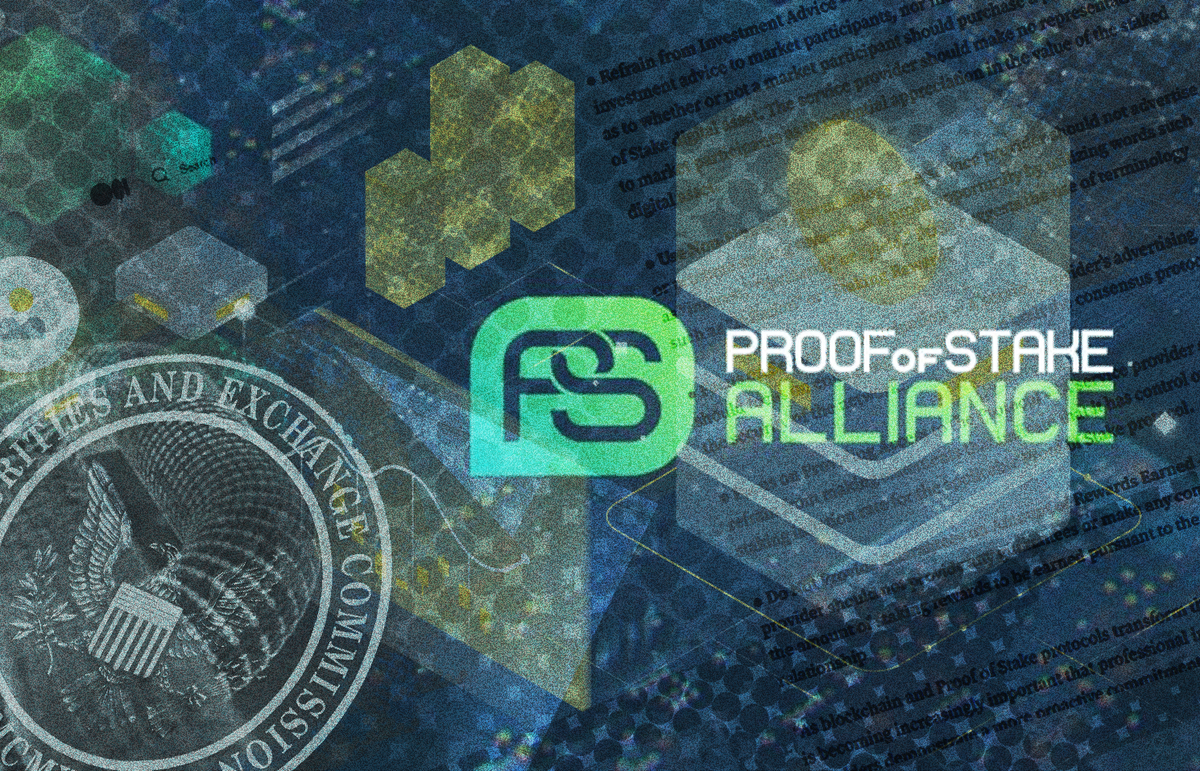
Major Industry Support for POSA’s New Guidelines
The revised principles reflect the evolving landscape of Proof of Stake (PoS) networks, which now account for 19 of the top 20 smart contract platforms and a combined market capitalization exceeding $250 billion. As PoS becomes the dominant consensus mechanism, these updated principles aim to standardize service provider practices and better define their role in the ecosystem.
POSA’s updated principles have been endorsed by 18 major players in the blockchain space, including Ava Labs, Blockdaemon, Coinbase, Lido, Polychain, Paradigm, Rocketpool, and Swell.
The new framework is built around three central principles:
Principle I: Clear Communication from Service Providers
- Staking providers must offer full disclosure of risks, rewards, and legal rights.
- Terms like “interest” or “dividend” should be avoided to prevent confusion with traditional financial products.
- Providers should not promote enhanced rewards beyond what the protocol itself offers.
- Transparent fee structures must be shared, detailing what portion of staking rewards are retained by the provider.
Principle II: User Control Over Staked Assets
- Participation in staking services must be opt-in, requiring clear user consent.
- Providers must emphasize that users retain ownership of their staked assets and rewards.
- Continued access to the protocol should remain a key focus.
Principle III: Defined Responsibilities for Service Providers
- Providers should not control liquidity or manage how users’ tokens are deployed.
- No guarantees should be made about returns, which are determined by the protocol and may vary.
The principles are designed to steer the industry toward responsible growth by defining the roles and duties of staking service providers. They address the need for updated standards amid rapid innovation, emphasizing clarity, user control, and transparency in provider operations.
POSA founder Evan Weiss stressed the significance of the revised staking principles for promoting self-regulation in the fast-changing and closely watched proof of stake space. He noted their value in enhancing clarity, accountability, trust, regulatory understanding, and the technology’s promise.
Aligning with the SEC’s Regulatory Framework
The principles are closely aligned with the U.S. Securities and Exchange Commission’s (SEC) stated objectives around investor protection. By mandating transparent disclosures, affirming user control, and drawing clear boundaries around provider responsibilities, POSA is proactively helping the industry address potential regulatory concerns.
The Push Toward Industry Self-Regulation
The release of the first staking principles in 2020 marked a major milestone for the Proof of Stake Alliance (POSA), setting foundational standards for technical service providers in the emerging crypto staking sector. These principles emphasized transparency and cautioned providers against giving investment advice, guaranteeing staking rewards, or suggesting control over protocol governance.
In February 2023, the regulatory climate shifted significantly when the SEC took enforcement action against Kraken, accusing the platform of running an unregistered staking service and failing to properly disclose its risks. Kraken shut down its staking offering and paid a $30 million fine—an event that underscored the growing need for compliance within the staking industry.
Ethereum’s shift to Proof of Stake boosted its operational efficiency, but also drew increased attention from U.S. regulators, sparking debate over whether staking constitutes a security. This scrutiny intensified after the collapse of FTX, with staking-as-a-service (StaaS) platforms facing heightened regulatory pressure. Enforcement actions against companies like Kraken and Coinbase highlighted the urgency of defining staking in technical terms, clearly separating it from traditional financial products.
The development of POSA’s principles from 2020 to 2023 mirrors the broader evolution of the staking industry. Going forward, the future of staking—and PoS blockchain networks more broadly—will depend on how well the industry communicates the unique nature of staking to regulators and lawmakers. Establishing clear standards and engaging in education efforts will be essential to clearing up misconceptions and securing long-term growth and regulatory clarity for the PoS ecosystem.

